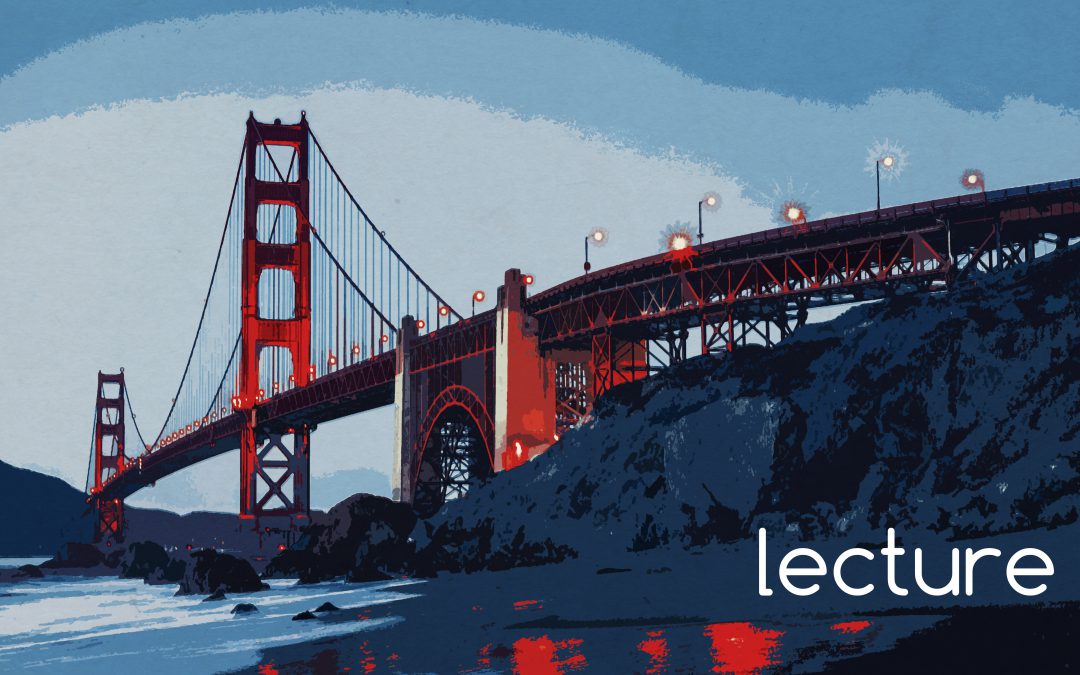America First and the 4th of July 🗓
The Obama Institute for Transnational American Studies invites you to an original Fourth of July celebration in the spirit of Independence and the legacy of President Barack Obama. Two eminent speakers, Dr. David Sirakov, Director of the Atlantic Academy, and Prof. Philipp Gassert, President of the German Association of American Studies, will focus in their keynotes on transnational aspects of populism and global transformations, including an American note of optimism. Sandwiched in between these lectures are poster presentations by students and faculty of the Obama Institute. Their research projects amply document the multi-ethnic constitution of the United States and the transnational orientation of the American society, paradigmatically embodied in the Obama family. A reception will round off this celebration with toasts to America’s First ideas.
Invitation & Program (PDF)


